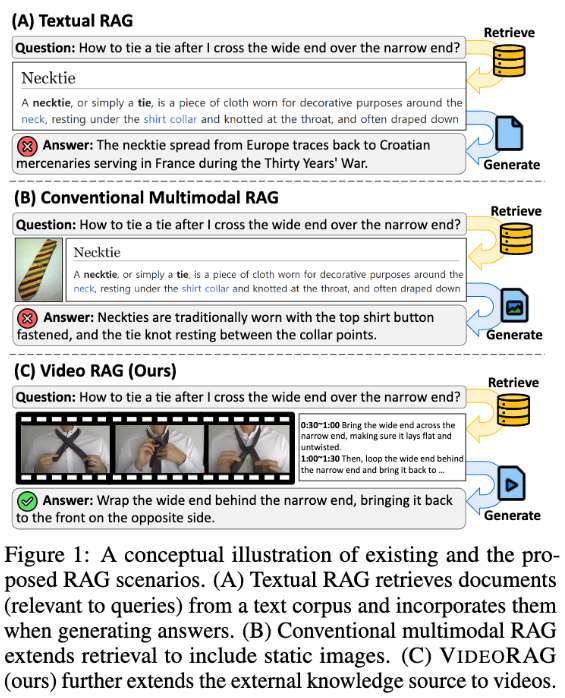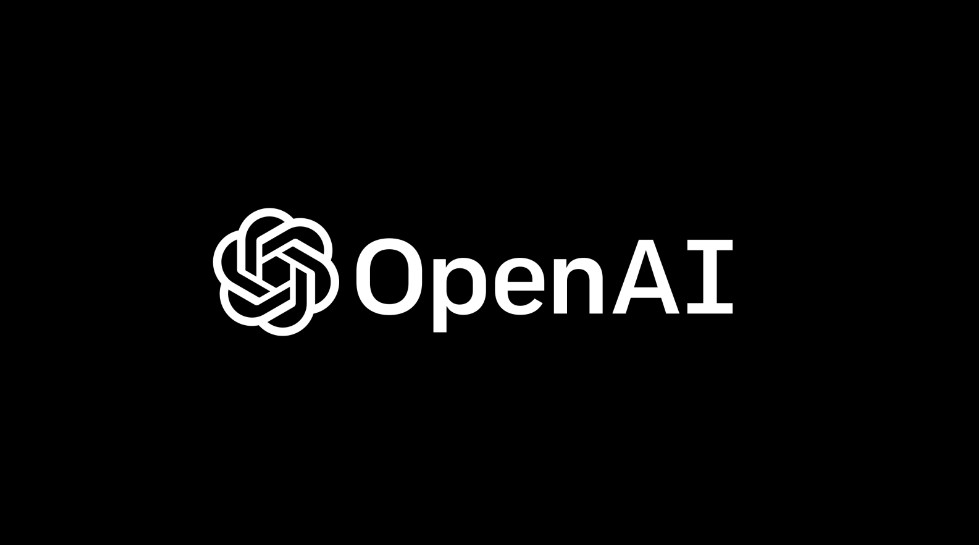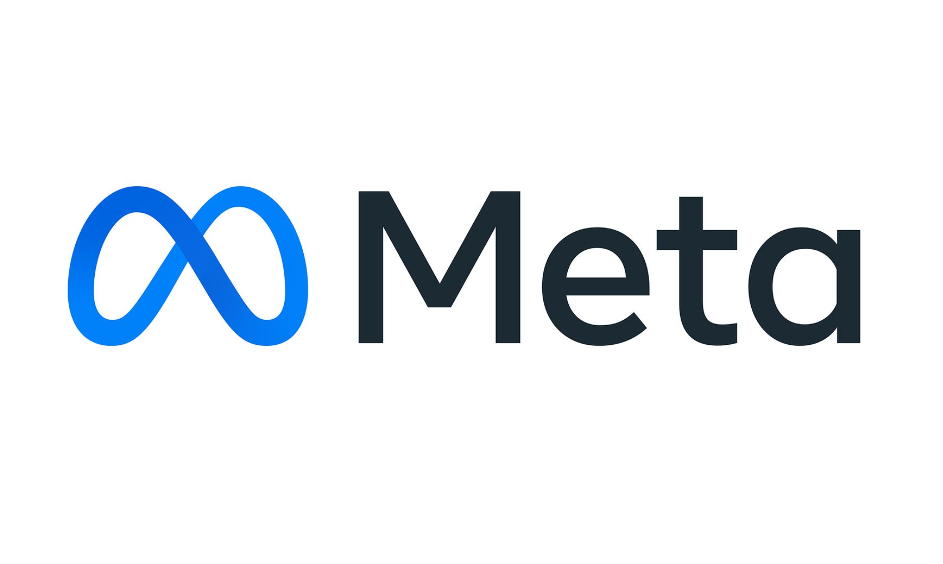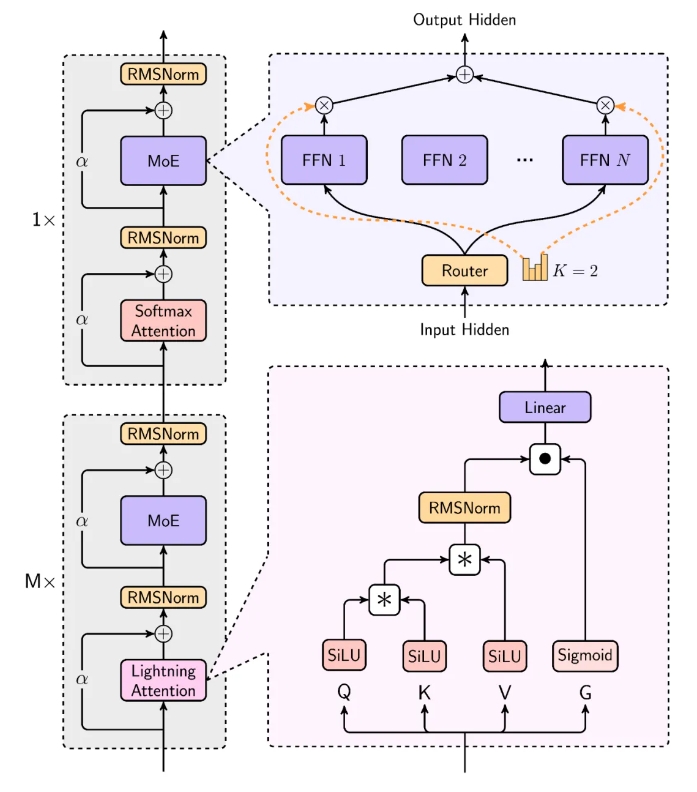Recently, OpenAI announced the launch of a new feature that allows users to customize the way they interact with ChatGPT according to their preferences. This AI chatbot has been upgraded based on the original custom command menu and added new options, allowing users to experience the chat service more personalizedly.
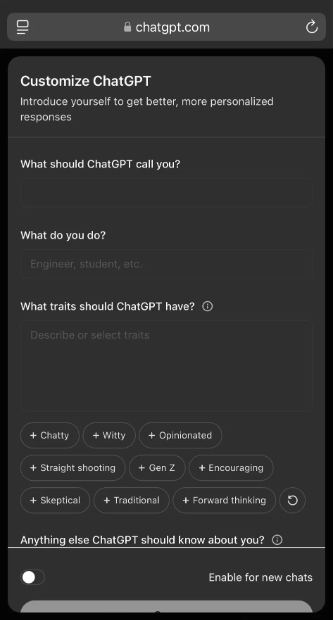
Users can now specify their nickname, occupation, and other information they want ChatGPT to know in a new menu. In addition, users can select the "personality traits" they want ChatGPT to have, such as "chatty," "encouraging," or "Gen Z." This feature is designed to help users get responses that better suit their needs through personalized settings.
It should be noted that this new feature is not directly related to the memory function of ChatGPT. The Memory feature allows users to instruct ChatGPT to remember or forget specific information, while the new menu focuses on the user's interaction style with ChatGPT. In the new setting, OpenAI encourages users to "introduce themselves to get better, more personalized responses."
Although some users have reported that the new options have temporarily disappeared, this may be due to the fact that the function has not been officially launched. For users who have not yet seen the new features, these improvements seem to be more of an interface upgrade rather than a deep technical innovation. The new menu still relies on prompt engineering technology, but it is presented in a more user-friendly way.
OpenAI also stated that the content of custom instructions will still be reviewed to ensure that it complies with the terms of use. As the user base continues to expand, OpenAI continues to work on improving the ChatGPT experience, adding features such as real-time web search and a "canvas" interface suitable for writing and programming projects. According to official data, more than 300 million people currently use this chatbot every week.
AI courses are suitable for people who are interested in artificial intelligence technology, including but not limited to students, engineers, data scientists, developers, and professionals in AI technology.
The course content ranges from basic to advanced. Beginners can choose basic courses and gradually go into more complex algorithms and applications.
Learning AI requires a certain mathematical foundation (such as linear algebra, probability theory, calculus, etc.), as well as programming knowledge (Python is the most commonly used programming language).
You will learn the core concepts and technologies in the fields of natural language processing, computer vision, data analysis, and master the use of AI tools and frameworks for practical development.
You can work as a data scientist, machine learning engineer, AI researcher, or apply AI technology to innovate in all walks of life.
